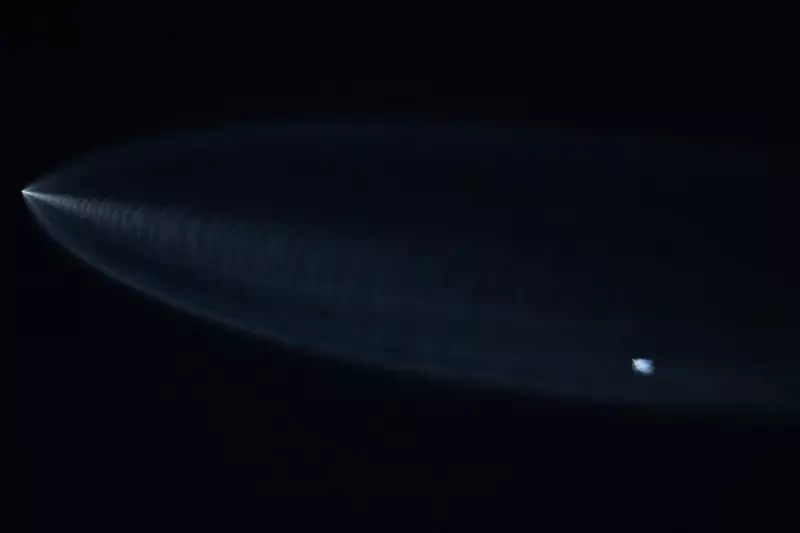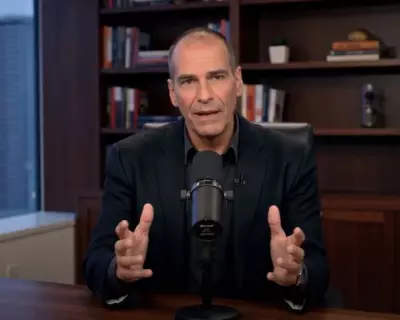
In a dramatic development for space operations, Elon Musk's SpaceX has confirmed it will intentionally deorbit approximately 100 Starlink satellites following the discovery of a potentially catastrophic design flaw. This represents one of the largest deliberate satellite removal operations in commercial space history.
Unprecedented Space Safety Measures
The extraordinary decision comes after engineers identified a common defect that could cause these satellites to fail completely, transforming them into unguided hazards in increasingly crowded orbital pathways. Rather than risking potential collisions that could generate dangerous space debris, SpaceX has chosen to proactively remove the problematic satellites from orbit.
The Hidden Flaw Revealed
While SpaceX hasn't disclosed the exact technical details of the malfunction, company statements indicate the issue affects a specific batch of early-generation Starlink satellites. The defect could prevent them from executing vital manoeuvres and maintaining their designated orbital positions.
What This Means for Space Traffic
The controlled decommissioning process involves carefully lowering the satellites' altitude until atmospheric drag naturally pulls them toward destruction during re-entry. SpaceX has emphasised that this method poses "virtually zero" collision risk with other spacecraft and ensures the satellites will burn up completely in Earth's atmosphere.
Growing Concerns About Orbital Congestion
This incident highlights increasing anxiety within the space industry about orbital crowding. With nearly 6,000 Starlink satellites already operational and thousands more planned, the potential for catastrophic collisions represents a significant threat to global communications and space infrastructure.
SpaceX's Transparency Pledge
In an unusual move for the typically secretive space industry, SpaceX has committed to publicly documenting the deorbiting process and sharing data with regulatory bodies and other satellite operators. This transparency could set new standards for responsibility in commercial space operations.
The Future of Satellite Mega-Constellations
This event raises crucial questions about the long-term sustainability of planned mega-constellations comprising tens of thousands of satellites. Space experts suggest this incident may prompt stricter regulations and more robust design requirements for future satellite deployments.
The coming weeks will see SpaceX carefully executing this complex orbital cleanup operation while continuing to launch new, improved satellites to maintain their global internet service capabilities.





